Sticky Rice: 31 Thoughts on Gay Asian Male Writers (in a Western Context)
From top left, going clockwise: Alexander Chee, Chen Chen, Aaron Chan, Joel Kim Booster, Benjamin Law, Ocean Vuong, Chris Tse
How exciting to live in a time where GAM (Gay Asian Male) writers are spreading their words in English all across the globe? In genres including fiction, poetry, personal essays, non-fiction, plays and comedy?
For all my excitement, this is still only a small handful. It’s funny what low expectations can do to you. The hungry minority grateful for mere crumbs.
The absence of these voices would make the world a worse place.
Would it be fair to say that an inability to write would make these writers less worse people (less empathetic, less reflective)?
I don’t know if I could have survived writing in a landscape absent of any other Asian voices. Being the only Asian in the room is a fine novelty when you’re growing up with self-loathing, but it is poor fuel for the soul.
I constantly return to the quote on the cover of Alexander Chee’s An Autobiographical Novel from fellow GAM author Ocean Vuong: “This book made me feel possible.”
To be made to feel possible. Is that not the goal of representation? The deeper spiritual goal - not just to feel seen or see someone who looks like you - but to imagine you exist on a deeper fundamental level - to imagine all the ways you could exist.
At what point did my intentions as a writer shift from writing solely for myself and to writing for people like me (whatever that means)?
An obsession with whiteness is a recurring theme throughout many of these writers’ works. It’s a self-aware obsession, of course. It’s a need to tear oneself away from the thing that they’ve let define their earliest years.
The greatest trick white supremacy can play on a young person of colour is to convince them that they are alone. That their voice is not worthy of being heard, and their stories not worthy of being told. As far as I could tell, my story, the story of a gay asian male was something for me to live through silently. Something of little interest besides myself.
It’s no surprise that the GAM writer so often writes through the lens of autobiography - each sentence soaked in the sweat of confession.
What would GAM writers be without whiteness to push against? Free.
This is a list defined by Maleness. Cis-maleness, to be specific.
It’s also a list that reeks of a certain colourism, being very East-Asian centric. Only Ocean Vuong is the exception, and he too is fair-skinned.
I have considered myself in relation to each and every one of these writers - their ages, genres, styles, even looks - empathy mingling uncomfortably with envy.
It’s as if I’m afraid we will all look and sound the same. A hangup from my early years being mistaken for my Asian peers. A hangup from being compared to my Asian peers.
Is that why I choose playwriting as my medium of choice? The historical absence of Gay Asian Male voices is a gap I yearn to fill, in an attempt to cultivate a brand of uniqueness.
When I hear Benjamin Law, best known as a journalist and TV writer, is writing his first play I am wracked with a sick combination of suspicion, judgement and excitement. I wonder what it’ll be like? I wonder if it will be good? Do I secretly want it to be bad?
Tall Poppy Syndrome doesn’t see race.
One might say I hold my Asian brothers to a higher standard than my white peers, because their work means that much more to me.
But I can see strengths where others might skip over them. Subtle nuances of understanding.
It is voice - not simply subject matter - that separates one artist from another.
What is voice? It is the thing by which content and form expresses itself.
But, despite some recurring motifs (white boys and our parents, am i right?), each voice is a distinctly singular expression of itself and only itself. Place the poetry of Ocean Vuong, Chris Tse and Chen Chen side-by-side-by-side, and be struck by their lyrical awesomeness. Each of them with a clear voice.
Vuong: You move through me like rain / heard / from another country. / Yes, you have a country. / Someday, they will find it / while searching for lost ships...
Tse: He could tell I was a desperate teenage boy, ready for him to be my first. It was a weekday afternoon, and instead of unpacking / Citizen Kane with classmates I found myself a player in that great cliché: / two strangers in a toilet stall.
Chen Chen: Realizing I hate the word “sip.” But that’s all I do. / I drink. So slowly. / & say I’m tasting it. When I’m just bad at taking in liquid.
In Aaron Chan’s essay The City, he writes: “I owed Vancouver for being the supportive parent I never had.” The GAM writer, typically not belonging to his city, and ultimately a descendant of immigrants, is neither the coloniser nor the people of the land. He is taught to be grateful.
I have a complex relationship with New Zealand. I feel gratitude but not belonging.
Will the next generation of GAM writers feel belonging? How different will their stories be? Will they take their Asian-ness for granted?
Yes, there will be a test, and if you can’t match the correct photo to the correct author you are probably a racist.
Written by Nathan Joe

